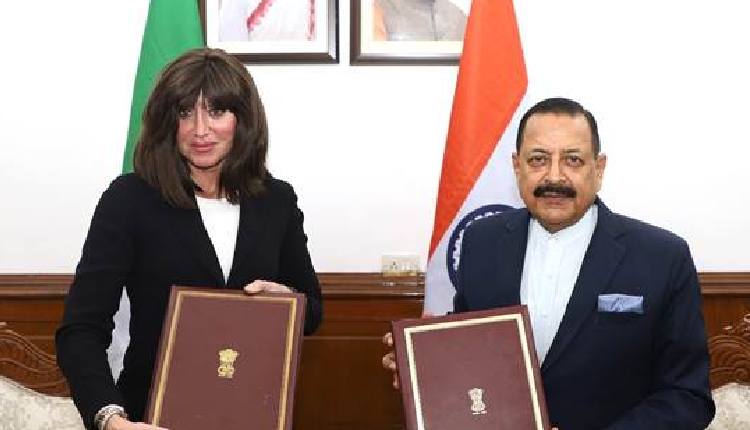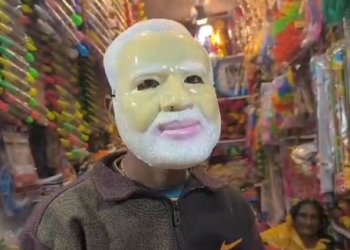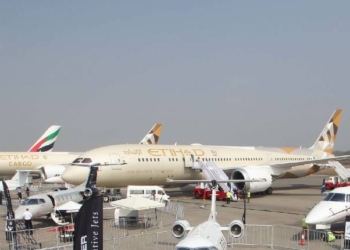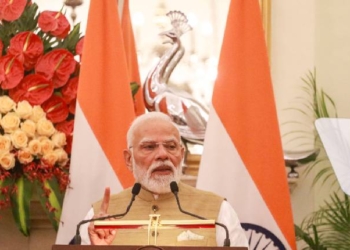New Delhi: India on Friday signed a Memorandum of Understanding (MoU) with Italy to boost cooperation in science and technology.
The MoU was signed by Dr. Jitendra Singh, Union Minister of State (Independent Charge) for Science and Technology, and Italy’s Minister of University and Research, Anna Maria Bernini, at a high-level meeting in the national capital.
The discussions between the two dignitaries centred on advancing joint initiatives in quantum technologies, artificial intelligence (AI), biotechnology, and other emerging sectors.
The two dignitaries also agreed to implement the 2025-2027 Executive Programme for Scientific and Technological Cooperation, aimed at fostering collaboration in critical technologies like AI and digitalisation.
The Indo-Italian programme will include 10 research initiatives and 10 collaborative initiatives.
“India’s strategic investments and policies are steering the nation toward becoming a global hub of emerging technologies,” Singh said, while highlighting India’s robust progress in areas such as AI, High-Performance Computing (HPC), Big Data, and biotechnology.
Singh also shared the country’s key achievements in healthcare and developing a vibrant startup ecosystem — now the third largest globally.
Meanwhile, the Embassy of India Rome (Italy), in a post on social media platform X, called the collaboration “a concrete step towards the future of science and innovation”, and thanked Singh for “the fruitful meeting”.
“We have signed a Memorandum of Understanding to strengthen scientific cooperation between Italy and India, promoting dialogue and exchange of knowledge between universities, research centres, and artistic training,” the post said.
“The agreement provides for a series of qualifying actions: incentives for the mobility of scientists and researchers; promotion of joint research projects on strategic and common themes; sharing of scientific infrastructure,” it added.
Both countries reiterated their commitment to long-standing cooperation in fields such as infectious diseases, quantum technologies, green hydrogen and renewable energy, cultural heritage preservation technologies, and sustainable blue economy.
They also agreed to explore new collaborative areas such as Industry 4.0, and clean energy.
Singh also identified other mutual sectors, including academic and industrial partnerships involving SMEs and startups from both nations.
(IANS)
















